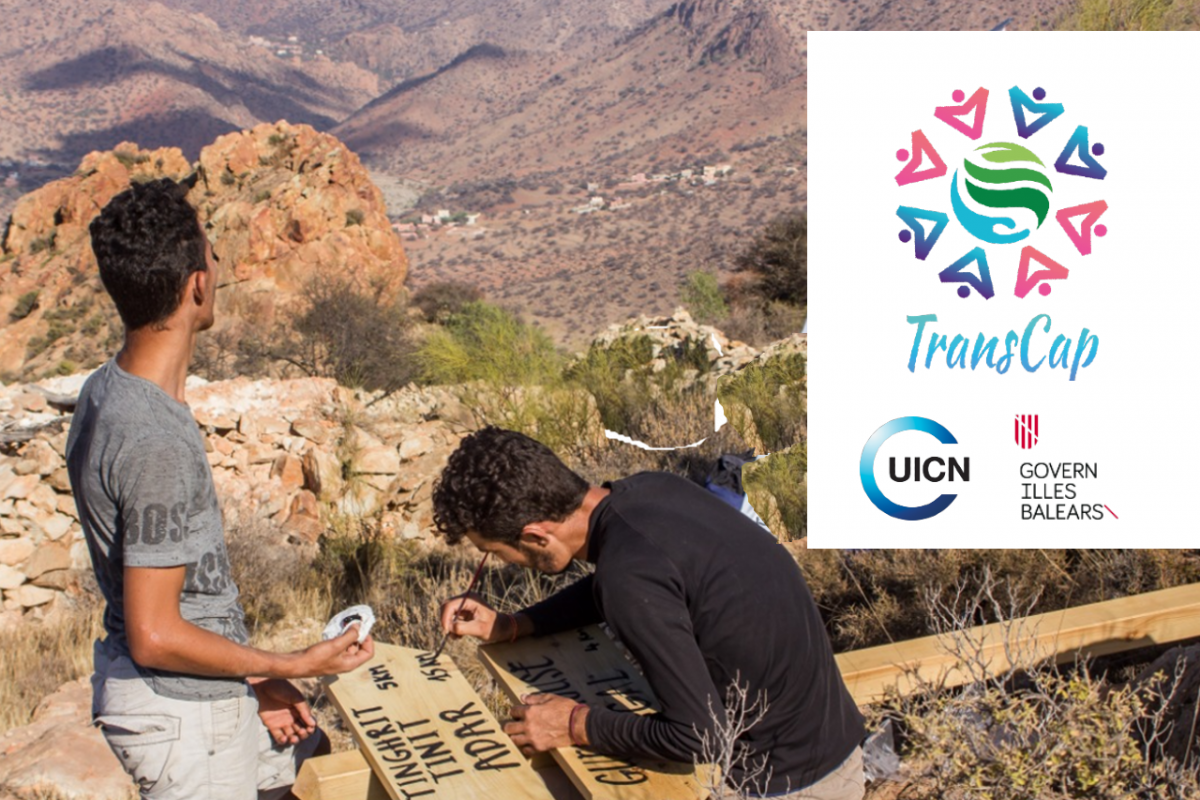Note from the Chair of CEESP
CEESP News - by Kristen Walker- Painemilla, February 2017
As this is the first Chair's Note since the World Conservation Congress in Hawaii, I want to set the stage a bit for our work over the next four years, and invite input from you as members!
CEESP is a unique network of approximately 1,500 volunteers representing disciplines from biology and anthropology, economics and law, to culture and indigenous peoples - among many others. Our work represents the crossroads of conservation and development. It is important to recognize that since its inception, CEESP has been the conscience of IUCN: often questioning how we do conservation, looking at rights, accountability, ethics, economics and more. CEESP’s voice was not always the most welcomed in conservation, but over the years, the commission has worked hard to improve our conservation community and conversation efforts overall. CEESP did this by creating spaces where multiple voices can be heard, by addressing issues of rights, gender, livelihoods, and by articulating and validating the importance of social science in conservation.
As a Commission of IUCN, we are charged with contributing to the IUCN mission by generating and disseminating knowledge, mobilizing influence, and promoting actions to harmonize the conservation of nature with the critical social, cultural, environmental, and economic justice concerns of human societies. We are now engaged in the new IUCN Programme to look at valuing and conserving nature, deploying nature based solutions and - at the heart of the programme and the core of CEESP’s work - ensuring effective and equitable governance of nature.
Over the next four years, I would like to see us:
- expand and apply the work of the IUCN Knowledge Baskets - the Natural Resource Governance Framework (NRGF) and People in Nature (PiN) - by collaborating effectively across the IUCN Knowledge products and the IUCN Commissions and collaborating with members to pilot and adopt these tools
- continue to expand and promote social science across IUCN and its members, so that we can address the economic drivers of environmental degradation and biodiversity loss, but also to more effectively understand the diverse values of nature and how nature contributes to livelihoods and human wellbeing. We must be able to demonstrate how conservation contributes to human well-being and measure it. We will focus on this through the two newly reorganized CEESP themes, one on Economics and the other on Human Wellbeing and Sustainable Livelihoods
- work with UN Special Rapporteurs, John Knox (Human Rights + the Environment) and Vicky Tauli Corpuz (Rights of Indigenous Peoples), IUCN secretariat, members and CEESP experts to develop better standards and practice and to more effectively monitor and evaluate conservation projects and programmes with respect to impacts on indigenous peoples, local communities and livelihoods. We will focus this discussion design of Conservation and Human Rights Forum with the CEESP theme on Governance, Equity and Right (TGER)
- through the CEESP theme on Culture, Spirituality and Conservation (CSC), focus on increasing understanding of the relationships between culture, biocultural heritage, spirituality and equitable governance in conservation, sustainable development, and environmental and cultural policy - and expand on the “Nature Culture Journey” from the World Conservation Congress
- support the establishment of inclusive multi-stakeholder platforms such as the Whakatane Mechanism, to addressing social conflicts around conservation, resource use and activities that damage environments and ecosystems through the theme on Environmental Peacebuilding, Security and Conflict Resolution
- expand our work on business and finance to look at best practice, social accountability and broader dialogue with stakeholders and the private sector through our work on Business, Accountability and Best Practice
- expand CEESP by enabling broader regional nodes and developing a list of experts, so that we can engage and support IUCN regional offices and members more effectively on core issues, and incorporate young professional as co/deputy chairs of CEESP themes and specialist groups
- strengthen existing specialist groups, SPICEH, ReSpECC and SULi, and explore others such as gender; local economies, communities and nature; and health (among others)
To effectively engage with our CEESP membership, I welcome your feedback, thoughts and innovation on these issues - and especially on ideas to carry things forward through creative partnerships, funding and expansion of CEESP expertise. Please send your thoughts to: ceesp@iucn.org
Since the World Conservation Congress in September, we have been very busy re-organizing the work of the Commission, analyzing resolutions that involve CEESP engagement, updating the membership process, websites, new list serves for themes, evaluating new specialist groups - and are in the process of re-appointing and appointing new steering committee members. We expect to have these efforts finalized by March, so please stayed tuned for updates to the website, Facebook pages and twitter.
I am still working to fill CEESP Steering Committee positions; please visit the CEESP website for information calls, and watch out on existing listservs and the CEESP Facebook page for opportunities to nominate or apply.
I want to express my sincerest gratitude to all of you for your dedication, expertise and volunteer support to CEESP. I look forward to working with you all over the next four years.
Kristen Walker-Painemilla
Chair
IUCN Commission on Environment, Economics and Social Policy
2016 - 2020



